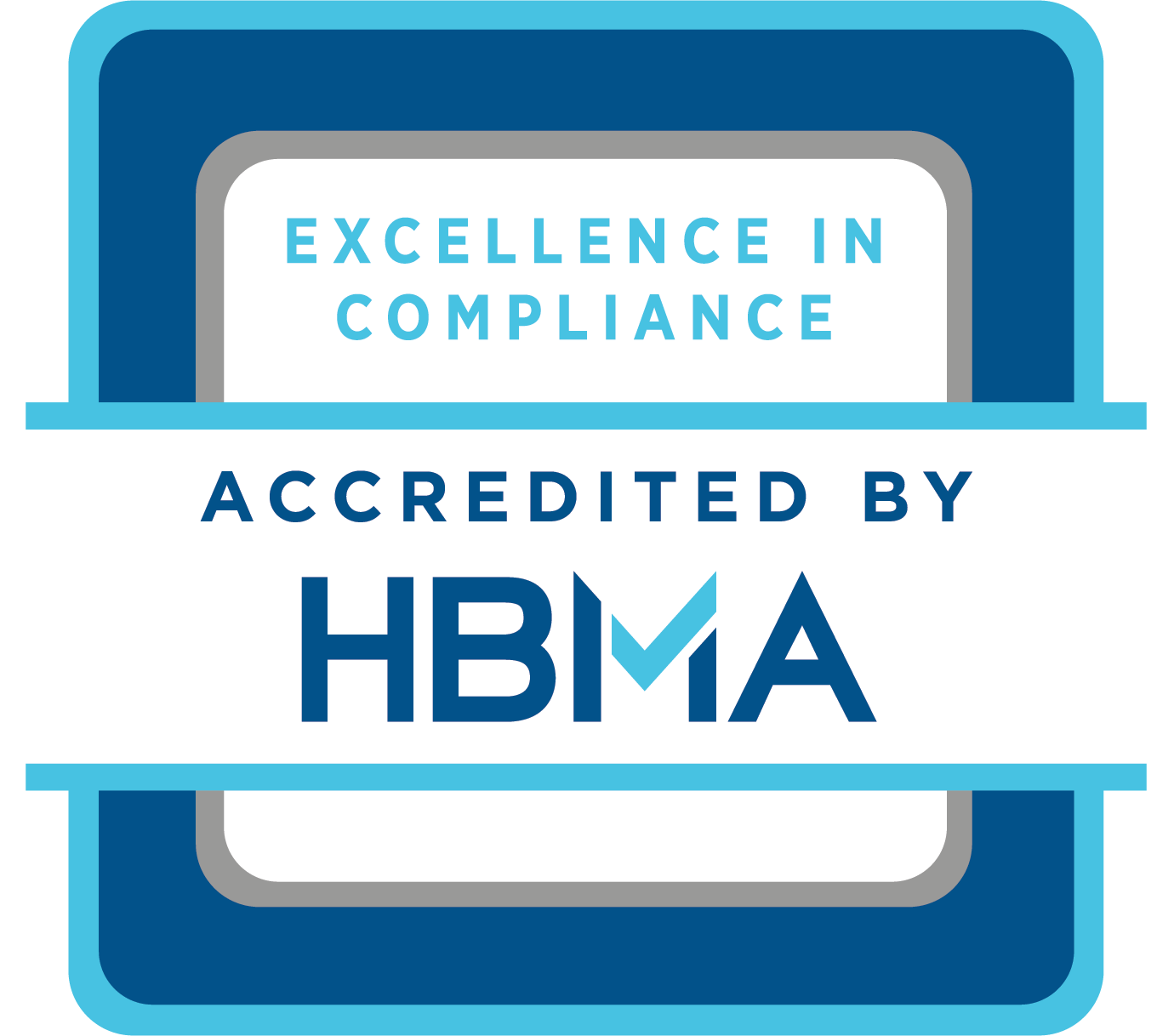Reimbursement Is All About Follow-Up
By Dennis Allen
So here’s how it works: You see a patient, your biller submits a claim, and you get paid. Right? The answer, of course, is “no.” The ugly truth is that many claims are never adjudicated. Why not? The claim was never received, it was sent back to the plan for pricing, the hand-off from one clearinghouse to another didn’t happen, the gatekeeper computers rejected it, it’s being held for additional funding from a self-insured employer, the carrier changed its “edits” so their computer now rejects claims that it used to accept, and oh, this network no longer handles those claims.
Because the claim doesn’t get adjudicated, you don’t receive a denial, and you don’t know there was ever a problem. Meanwhile, most billers are so busy submitting claims and posting payments, that as long as you’re not asking about missing revenues, those lost claims stay lost forever. Granted, some billers faithfully hit the resubmit button every 30 days for unpaid claims, but if they didn’t uncover and address whatever issue prevented adjudication in the first place, those resubmitted claims fall into the same black hole until the timely filing limits expire.
Which brings us to this: The three most important things about medical reimbursement are follow-up, follow-up, follow up. If you want to get paid for those “lost” claims, your biller has to read reports and work the phone. Someone has to ask, “did you receive this claim, and if so why hasn’t it been paid?” Unfortunately, most billers focus on writing appeal letters for denied claims—after all, having a denial in hand is a great impetus to action. However, if billing is done correctly, appeals should be rare. The bigger problem lies beneath the surface of unpaid claims, and here’s how to follow up on those lost and unpaid claims:
Start with an insurance aging report.
If your system allows it, select only claims older than 45 days, because anything newer may be either in the adjudication process or the payment could be in the mail.
Prioritize your work.
Act on claims that are nearest their timely filing limit first, and act on large claim amounts before doing small claims. Just in case your biller cannot complete the follow-up, you shouldn’t forfeit reimbursement to a missed timely filing limit, and if your biller runs out of time, it’s better to let the small claims slide than lose payment on the big dollar claims.
Check your claims acknowledgement files.
If you use a clearinghouse or submit directly to carriers, you may be able to check on an individual claim manually. Often electronic feedback that a claim had a problem is sent to you automatically. Sadly, most billing software is unaware of these claim acknowledgement files, and many billers simply ignore the files that are available. At Emax, we use sophisticated custom software to parse acknowledgment files daily so that we can act to identify and correct a problem claim as quickly as possible.
Make the call.
If the clearinghouse or acknowledgement files don’t provide the reason a claim has not been processed, it’s time to call the insurance carrier. If the response is, “we have no such claim on file,” your biller should verify both the mailing and electronic addresses for the claim. Otherwise, find out what went wrong, and ask as many question as it takes to fully understand what needs to change to get the claim processed. Simple fixes can often be made over the phone and the claim can be sent back for reprocessing. Other fixes may require more work. You might even find out that the claim was paid to another provider or a lost check needs to be reissued.
All of this takes time and the right personnel. Think of follow-up as
an investment, and the payoff will be the difference between a practice
that’s just doing okay and one that’s truly profitable.


